The answer lies not only in technique, tactics or competition psychology, but also in an increasingly clearly recognized factor: nutrition and sports science .
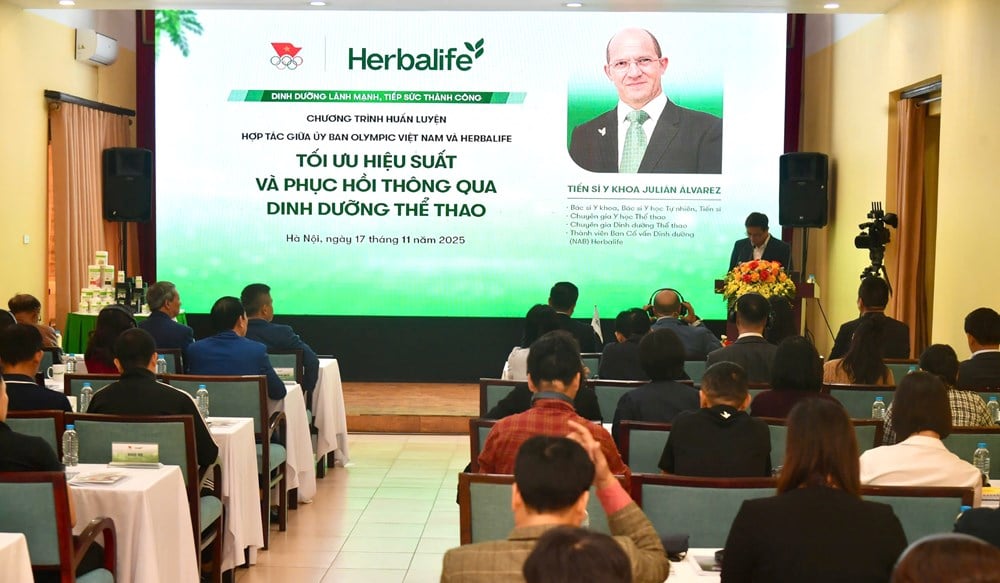
The deciding factor in the high-performance race
The Vietnam Olympic Committee has just organized a training session on nutrition and sports knowledge, with the direct and online participation of more than 1,000 coaches and athletes from national and local training centers.
Previously, the Vietnam Football Federation (VFF) also organized a training course on sports medicine in football and a sports nutrition seminar in 2025, with the participation of nearly 100 doctors and medical staff from clubs and sports medicine centers nationwide. These numbers show the level of interest of the sports industry in the field of nutrition - a decisive "piece" in the journey to improve competition performance.
According to Associate Professor Dr. Nguyen Danh Hoang Viet, Director of the Vietnam Sports Department, in recent years, Vietnamese sports have achieved many impressive achievements in regional, continental and world arenas. These achievements are the result of the relentless efforts of athletes and coaches, along with the attention and direction of the Party, the State and the support of domestic and foreign sports organizations.
However, to further improve sports performance, in addition to technical, tactical and psychological factors, sports nutrition plays an extremely important role. A scientific and reasonable nutritional regimen not only helps athletes maximize their competitive ability, but also helps them recover quickly after training and avoid injury. Understanding and applying nutritional principles correctly helps athletes not only maintain optimal physical strength but also shorten recovery time, limit injury and achieve peak performance in competition.
The head of the Sports Industry analyzed that in the context of increasingly harsh high-performance sports, the issue of recovery after major exercise and anti-doping is an urgent requirement. Some recent violations show the need to raise awareness and control the use of dietary supplements, ensuring safety, effectiveness and compliance with international regulations.
Many countries have focused on researching and applying nutritional supplements as an essential part of the training and recovery process for athletes - this is also the direction that Vietnamese sports need to pay attention to and systematically implement. "In the context of Vietnamese sports aiming for the SEA Games, ASIAD and Olympics, investing in improving physical strength, physique, nutrition and sports science is extremely necessary," Director Nguyen Danh Hoang Viet emphasized.
Sports science and nutrition expert Julián Álvarez (member of Herbalife's Nutrition Advisory Committee) also confirmed that most of the world's top athletes work with their own nutritionists. The reason is that during the process of training beyond the threshold, energy is consumed a lot and the body needs to be supplemented with nutrients at the right time (before, during and after training).
He emphasized that nutritionists are not the ones who “forbid eating this, force eating that”, but must accompany, guide and help athletes form scientific nutritional habits. The classical view that just eating a varied diet is enough is now outdated; most modern athletes use nutritional supplements according to expert advice based on scientific research.
Building standard nutritional habits
Dr. Julián Álvarez analyzes that each group of exercises requires different micronutrients. Nutrition must ensure balance, especially for sports that depend on body weight. Nutrition not only supports immediate performance, but also plays an important role in the recovery and assimilation process after exercise, which is a decisive stage for athletes to maintain their form.
Director of the Ho Chi Minh City Sports Training and Competition Center Ly Dai Nghia emphasized the effective recovery triangle (nutrition - sleep - muscle recovery). In particular, post-workout nutrition plays a particularly important role. Athletes need to ensure their diet includes starch, protein, lipids and micronutrients such as vitamins, sodium, potassium, calcium, iron, etc., while maintaining a reasonable eating and resting schedule to achieve optimal results.
According to Mr. Nghia, “clean, pure energy” is the factor that helps athletes maintain both physical and mental strength in high-intensity sports. This requires the development of a consistent, scientific and individual-appropriate nutritional process.
VFF President Tran Quoc Tuan said that in modern football, sports medicine and nutrition play a key role in improving physical fitness, maintaining performance, preventing injuries and prolonging a player's career. Therefore, VFF always considers the development of sports medicine as one of the important tasks in the strategy of developing professional and sustainable football.
It can be seen that improving and enhancing sports performance cannot only rely on the training efforts or the will to compete of the athletes. In the modern sports era, where every record is a race of science, nutrition has become a "soft weapon" but has great power in improving performance, promoting recovery and limiting injuries. The drastic participation of management agencies, the companionship of international experts and especially the change in thinking of coaches and athletes shows that Vietnamese sports is ready to move to a more professional stage.
When nutrition is placed in the right place (as an indispensable component in training), the Sports industry has every right to expect new milestones, new medals and miracles bearing the mark of a modern, scientific and sustainable sport.
Source: https://baovanhoa.vn/the-thao/dinh-duong-la-vu-khi-mem-trong-the-thao-182410.html































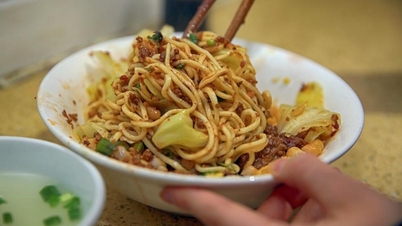











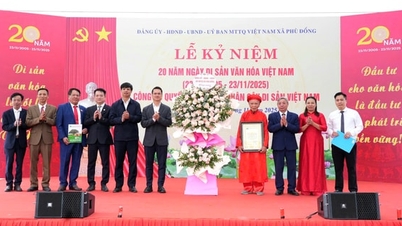




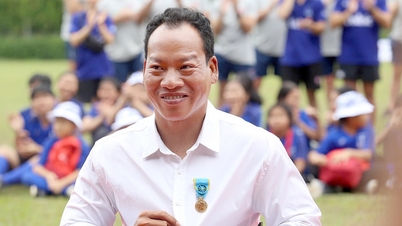
























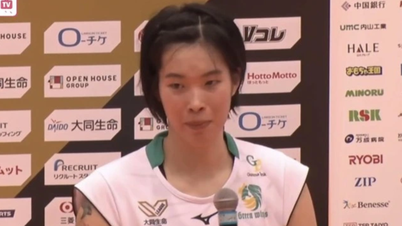

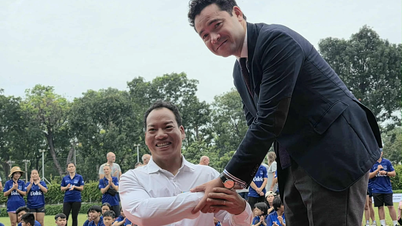





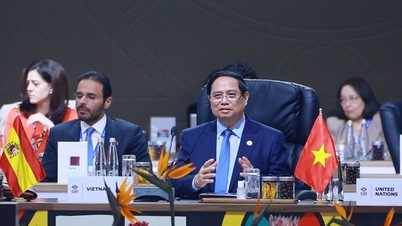





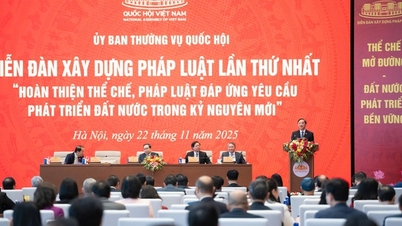

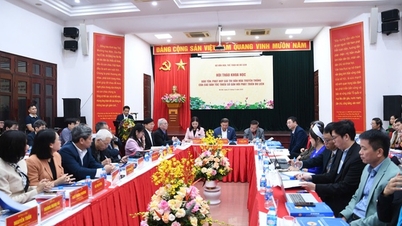
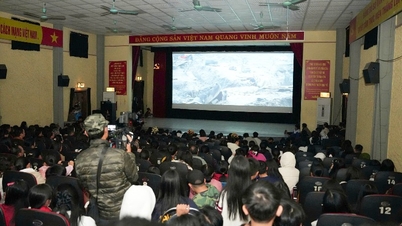


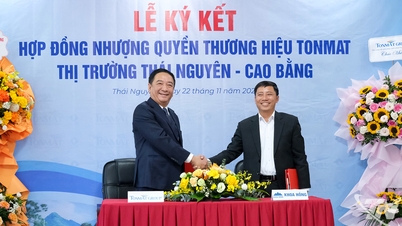

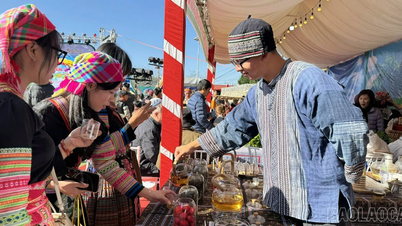
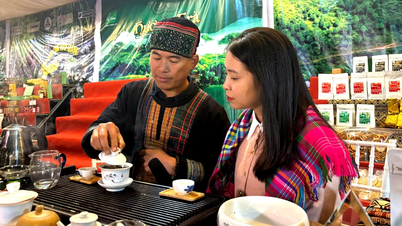











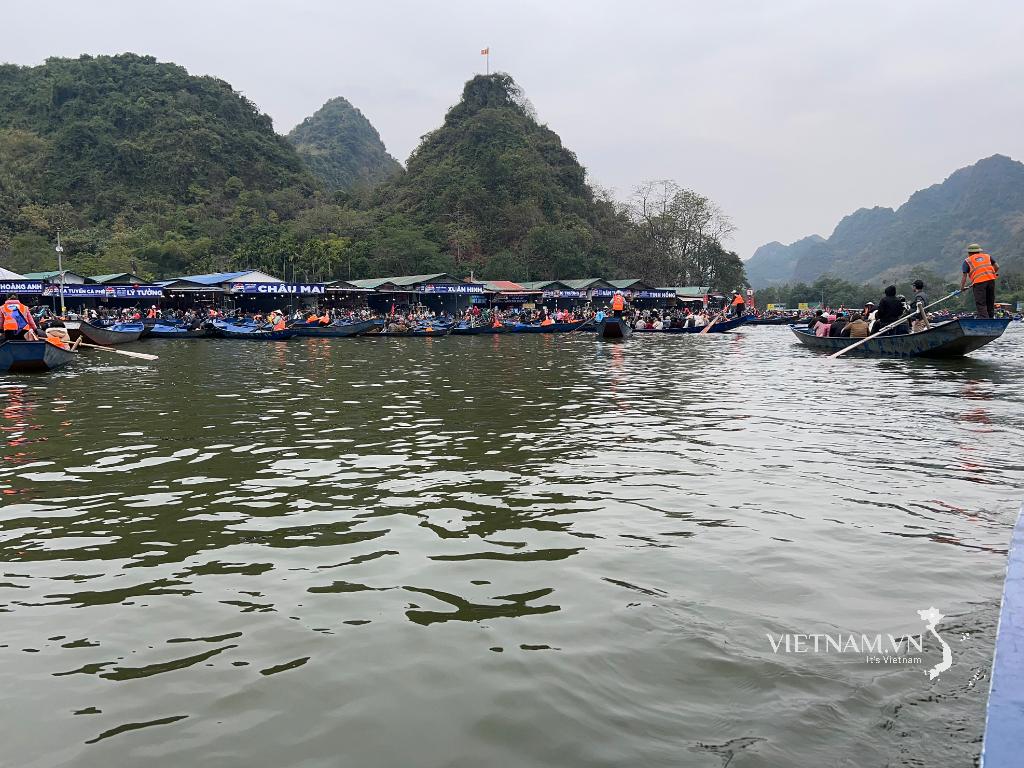


Comment (0)